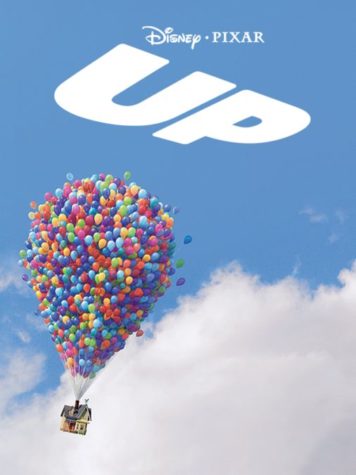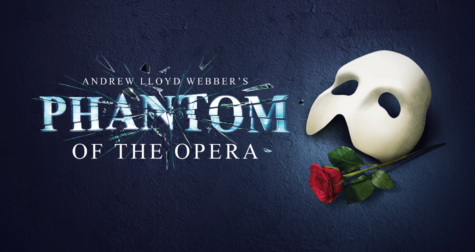Orchestra directors out of a job
November 12, 2020
The COVID-19 pandemic has affected many professions. Countless businesses have either moved online, closed, or have experienced drastic restructuring to compensate for the changing climate of the world.
The classic orchestra is one of the fields that has been considerably affected.
Most orchestras have had to cancel in-person performances, and have moved to an online setting. Many questions have now been raised about the necessity of various features of the orchestra, such as the music director.
The music director is the individual in charge of running and presiding over the music for a performance. They are usually the chief director of the orchestra. Recently the director has been increasingly responsible for other roles, such as making budget decisions, fundraising and managing personnel.
According to the UK magazine “The Critic,” this has caused a decline in prestige associated with the position of music director. The pandemic might be the final nail in the coffin for this position in the orchestra.
When the coronavirus hit, many directors jumped ship. The New York Philharmonic’s Dutch director Jaap van Zweeden went silent and relocated to Hong Kong. The Metropolitan Opera’s Yannick Nézet-Séguin, from Canada has likewise remained absent.
Former Detroit Symphony director told “The Critic” that “I have been shocked at the lack of artistic statements by those that head up orchestras.”
This neglect has resulted in an increasing disconnect between the players and the music directors in the United States, as many musicians have grown bitter at the lack of communication from their leader – especially in times that are so uncertain to begin with.
The issue is less evident in European orchestras.
For example, Berlin State Opera director Daniel Barenboim was able to restart his orchestra’s performances with relative ease.
Granted, there have been a few examples of music directors sticking with their orchestra in America. Cleveland director Franz Welser-Möst received a special permit from the U.S. government to travel from his native Austria back to his orchestra. London director Simon Rattle ran his orchestra digitally from Berlin, and then reunited with them as soon as he could.
However, these directors are the exception, not the norm.
The lack of leadership and communication from directors has significantly hurt orchestras in the United States. Dismay and discouragement has caused many experienced professional players to retire. The new players coming in to replace them lack the experience to work under pressure and adapt, especially without instruction from a director. This has caused orchestras to become less cohesive and confident.
The growing disdain for the music director role may be irredeemable in the coming years, and the position might soon be endangered.
London director Mark Wigglesworth told “The Guardian” that the purpose of the director “is about connecting with a community, a community of musicians and a community of listeners. Take those communities away, and the purpose of the role, debatable at the best of times perhaps, is non-existent.”










